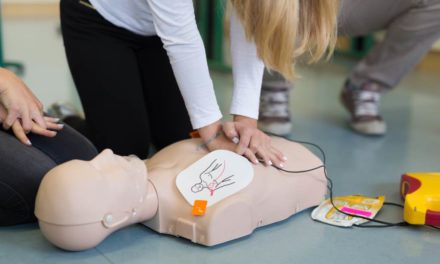We stand on the verge of an all-out epidemic of childhood obesity.
Whilst we know all too well of the many heath implications of our youngsters’ struggle with weight issues, the implications for their mental health are lesser known and understood.
Yet, as we’ll go on to illustrate, fitness and happiness go hand in hand…
Childhood happiness – obesity isn’t the only epidemic on our hands
Depression is blighting our younger generations, with almost one in 10 children and young people aged five to 16 affected by a mental health problem.
More worrying is the fact that those that do seek help, are seemingly being failed en masse, with 70% reporting that they haven’t received the appropriate support.
Sadly, those that do suffer from depression are at greater risk of self-harm, eating disorders and underperformance in school that impacts their future life chances.
Anxiety disorders affect 25.1% of children between 13 and 18 years old, and are at higher risk to perform poorly in school, miss out on important social experiences, and engage in substance abuse.
Piling on the pressure – stress and exams
While exercise can and should be a firm foundation for fighting childhood depression, an almost universal impact on childhood mental health is the stress experienced as a direct result of rising social pressures and more frequent testing.
With more emphasis being placed on exams from primary school and upwards, it’s little wonder that a rise of 11% in children seeking counselling specifically for exam stress has been noted in 2016 compared to the 2 previous years.
Time for a chemistry lesson
Exercise increases the release of endorphins (which generate the feel-good factor) whilst lowering levels of stress hormones cortisol and adrenaline – the effects of which can lead to, and exacerbate, anxiety and depression.
Research has found that regular 20-30 minute sessions of moderate activity is enough to make fundamental changes in brain activity that lead to lower instances of depression.
Exercise + positive outcomes
One recent study has made the link not only between exercise and happier children, but also proven links between confidence and academic success.
If the arguments for getting our children moving were previously persuasive, today they’re absolutely compelling.
The positives of exercise on children’s mental wellbeing are less well known than the physical benefits. The evidence showed a strong link between physically active children and improved self-esteem, confidence, attention span and even academic achievements.
Minimum effort, maximum mood lifting
Moderate intensity aerobic exercise improves mood immediately and those improvements can last up to 12 hours
In addition to daily 30-minute, moderate intensity sessions, other tips for maximising the impact of exercise include:
- Exercising outside (which has been proven to tackle feelings of anger and depression, while also resulting in more revitalised, energetic and engaged participants)
- Alternative exercises such as yoga or tai chi (both of which have been proven to relax the mind and relieve stress)
- Walking in groups in a natural setting, rather than in an urban environment (which is linked to more effective de-stressing)
As more research is carried out, the evidence of a direct correlation between regular exercise and happiness becomes more obvious.
The importance of regular activity as a lifestyle choice is no longer not just about staying healthy and reducing levels of obesity. Managing stress and depression, and increasing levels of happiness can also be welcome outcomes of an active lifestyle.









